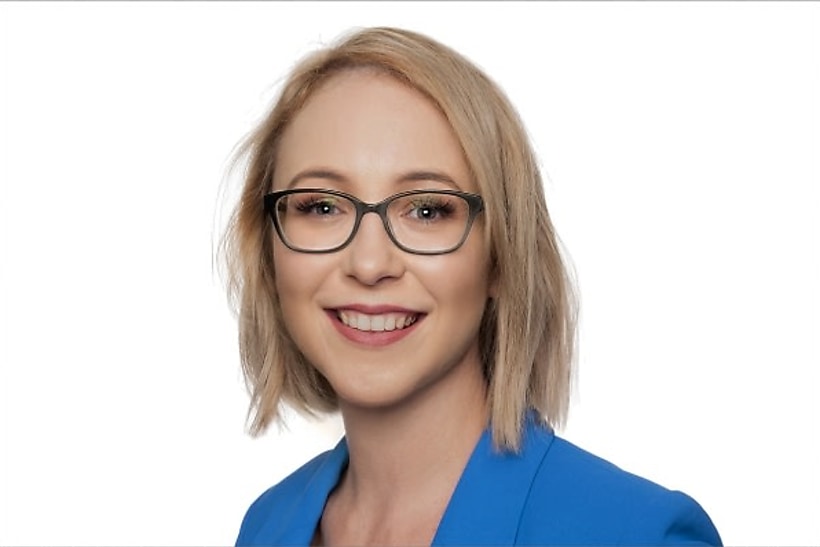
Here’s a stat that really stopped me in my tracks recently: nearly 70 per cent of widows leave their financial adviser within 12 months of their spouse passing away.
Now, think about this in practical terms. If you have five clients pass away, there’s a good chance three of their widows might leave too. That’s potentially $15,000 (or more) in lost revenue. And when you combine that with rising costs, slow organic growth, and an ageing client base, it’s easy for your business to be going backwards.
So, why does this happen, especially when many of us have worked with these couples for years?
It’s not just about the numbers
A common thread I’ve noticed is that many women don’t feel understood by their adviser. Now, it’s not that anyone’s delivering bad service on purpose, but let’s be honest, a lot of traditional financial advice focuses on metrics like net worth, returns, and asset allocation.
We’re trained to prioritise those numbers. But for many women, money is about more than that. It’s tied to their sense of security, confidence, and the ability to live comfortably in the future. If we’re not connecting with those deeper, more emotional aspects, it’s easy to see why widows might look for someone who does.
The kids are playing a bigger role
When a husband passes, it’s often the adult children who step in to help mum find a new adviser. And let me tell you, this can change the whole dynamic. These adult kids are savvy – they’re looking for a modern, user-friendly experience. If your website looks dated or you don’t offer things like virtual meetings or online booking, you could easily be passed over.
This isn’t just about keeping mum as a client, either. The next generation is evaluating you too, deciding if they want to work with you when their time comes. So, it’s not just losing one client – it could be an entire family’s business.
It’s personal – not just financial
Here’s the thing: money is personal, especially in times of grief. When a client loses their partner, it’s not just about managing finances anymore. It’s about navigating fear, uncertainty, and the emotional weight of being solely responsible for their financial future.
If we don’t acknowledge those feelings – if we only focus on the numbers – we’re missing an opportunity to truly support our clients when they need us most.
What can we do about it?
So, how do we address this and retain our clients through life’s toughest transitions? Here are a few steps that can make all the difference:
Ultimately, if we want to keep these clients – and future generations – it’s time to step up. Our role goes beyond managing portfolios, it’s about managing relationships. By adapting our approach, we can ensure that our clients feel valued and supported, no matter what life throws their way.
Adele Martin, founder of My Money Buddy and The Savings Squad
Never miss the stories that impact the industry.